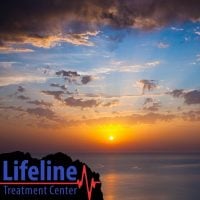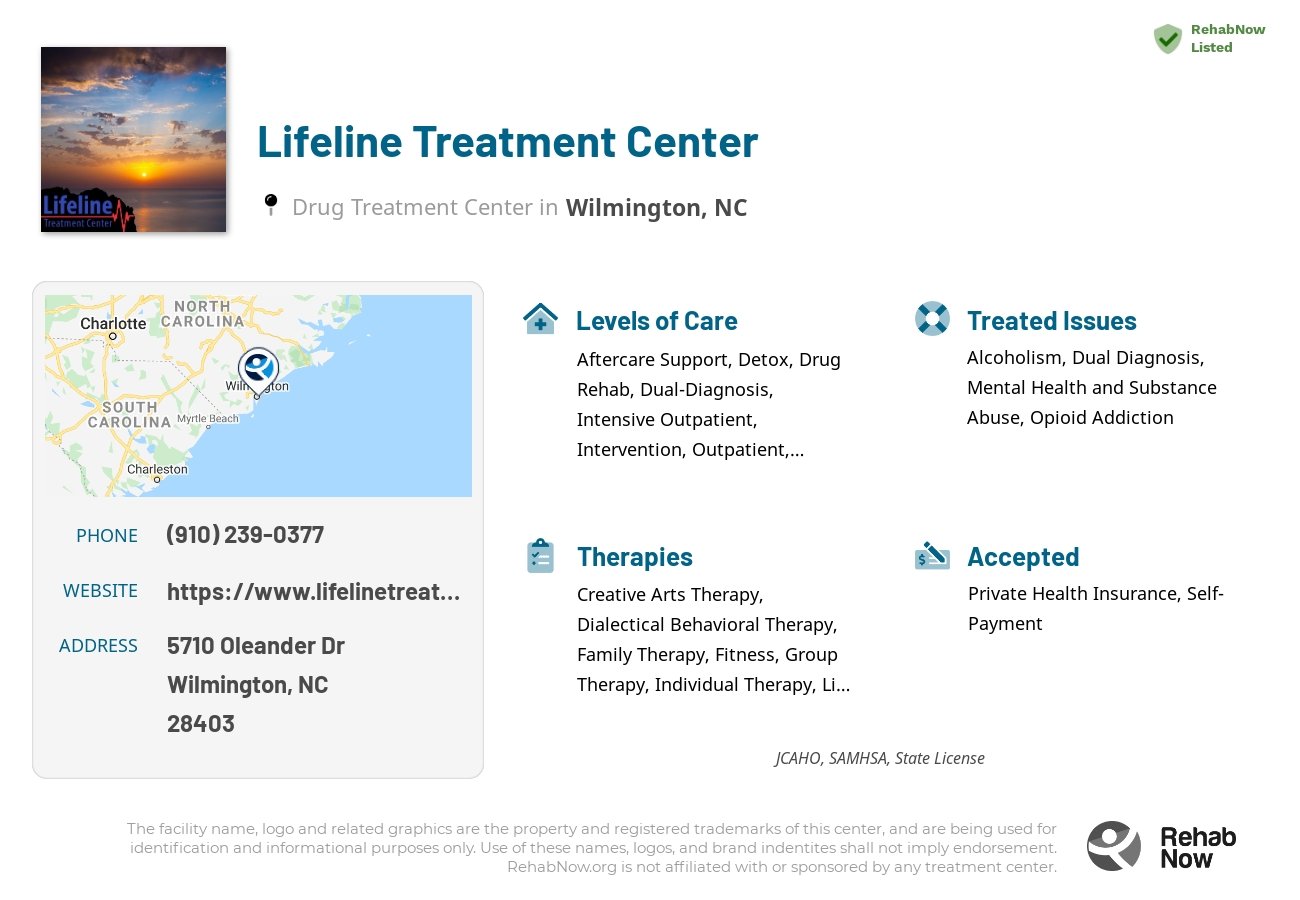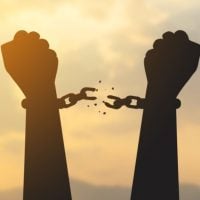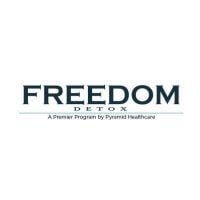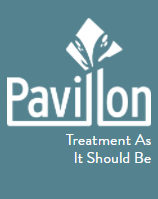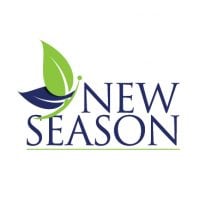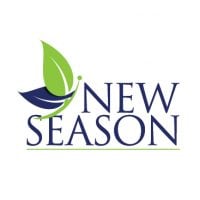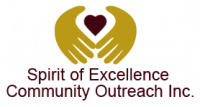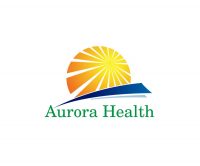Lifeline Treatment Center
Drug Rehab Center in Wilmington, North Carolina
Lifeline Treatment Center in Wilmington, North Carolina is a fully accredited facility that provides comprehensive addiction treatment services, including detox, residential and partial hospitalization programs, dual diagnosis treatment, interventions, aftercare, and outpatient therapy, for individuals struggling with drug addiction, alcoholism, opioid addiction, and substance abuse.
About This North Carolina Facility
Lifeline Treatment Center is a substance abuse treatment facility located in the beautiful city of Wilmington, NC. Dedicated to addressing the effects of drug and alcohol abuse, it offers a full continuum of addiction treatment options based on the 12-step model, cognitive-based therapy, and faith-based principles. The staff of dedicated therapists provides personalized care in a positive and healing environment.
Lifeline Treatment Center specializes in treating drug and alcohol addiction, as well as offering psychological services. Its mission is to help each client find lifelong recovery, happiness, and a purpose-filled life in a safe and comfortable environment.
This SAMHSA and state-licensed facility with 10 beds offers detox services, residential or partial hospitalization levels of care, and dual diagnosis treatment for co-occurring mental health issues. Additional support includes interventions and aftercare. Lifeline Treatment Center provides quality treatment through intensive outpatient programs, modified outpatient therapy sessions, and behavior modification therapies tailored to help clients become healthier individuals post-recovery.
- Comprehensive addiction treatment based on the 12-step model
- Cognitive-based therapy and faith-based principles
- Personalized care in a positive and healing environment
Lifeline Treatment Center focuses on treating individuals struggling with drug addiction, alcoholism, opioid addiction, and substance abuse.
Genders
Ages
Modality
Additional
Religion / Spirituality
Christian
Accreditations
State License
SAMHSA
Conditions and Issues Treated
Using both legal medications and illegal substances in order to maintain an addiction is substance abuse. If you are taking more of your prescription, or earlier than the prescribed time interval between doses than is directed you may be abusing that medication. If you are obtaining legal medications illegally in or near Wilmington, NC, you may be suffering from substance abuse.
Illegal substances can become addictive after a single use and lead rapidly to substance abuse. The professionals at Lifeline Treatment Center are here to help.
Opioid addiction treatment helps people addicted to opioids in North Carolina curb their drug use. The selection of a treatment setting depends on the severity of the addiction. Mild cases are usually treated in outpatient facilities; severe cases need hospitalization or treatment in a residential facility. Doctors use medicines along with counseling and behavioral therapies to treat the addiction. The treatment includes medication, counseling and therapy. It can also include group counseling, individual counseling and family counseling.
Conditions such as anxiety, depression, schizophrenia, bipolar disorder are part of mental illness. This may occur that opioid abuse and vice versa are induced by mental illness. Diagnosing a concurrent diagnosis or co-occurring condition at Lifeline Treatment Center is essential to understand the addiction better.
Levels of Care Offered at Lifeline Treatment Center
This center offers a variety of custom treatment tailored to individual recovery. Currently available are Aftercare Support, Detox, Dual-Diagnosis, Inpatient, Intensive Outpatient, Intervention, Outpatient, Partial-Hospitalization, Residential, with additional therapies available as listed below.
Detox is a drug rehab process that begins before the actual drug rehab treatment. It is used to remove any residual toxins left in your body (and brain) after using drugs, and it is used with the intent to help you or your loved one complete drug rehab.
If you are addicted to opiates like heroin, methadone, or prescription painkillers, you will detox with medication. This is because the withdrawal symptoms are often more intense and uncomfortable for an opiate addict than for someone who has abused or is dependent on other drugs, like cocaine.
Inpatient programs are intensive regimes that require individuals suffering from serious addictions to admit themselves into a controlled environment. Inpatient programs in North Carolina generally span over 28 days to six months. The first step in an inpatient program is medically assisted detox. Doctors and addiction specialists at Lifeline Treatment Center monitor the individual’s vital signs as the drugs leave their system. Some inpatient rehab programs also provide counseling for family members to provide encouragement and emotional support. In inpatient programs, patients have access to 24-hour medical supervision.
To assist with alcohol or opioid abuse, or a co-occurring condition, Lifeline Treatment Center offers an outpatient treatment program. For their rehabilitation and other services, the North Carolina patient will go to the treatment center, yet return home every night. After most of the program is completed, the level of mandatory participation reduces.
A partial hospitalization program is set up to cover those struggling with acute symptoms of addiction. This means that the individual is cared for in a hospital-like environment in Wilmington, NC during the struggle of those symptoms, but allowed to go home at night. Most PHPs require approximately six-hours of therapy, at least three days per week.
Residential treatment programs are those that offer housing and meals in addition to substance abuse treatment. Rehab facilities that offer residential treatment allow patients to focus solely on recovery, in an environment totally separate from their lives. Some rehab centers specialize in short-term residential treatment (a few days to a week or two), while others solely provide treatment on a long-term basis (several weeks to months). Some offer both, and tailor treatment to the patient’s individual requirements.
Most people with addiction in Wilmington do not readily recognize that they need help. Family and friends need to take action and express their concern over their loved one’s well-being. It’s best to seek specialists like Lifeline Treatment Center, who provide intervention services.
Aftercare comprises services that help recovering addicts readjust to normal day-to-day North Carolina activities. It can last a year or even longer. Services include individual and family counseling, medications to reduce cravings, and treatment of psychiatric and other medical conditions. Aftercare support begins once you have completed earlier stages of treatment.
Therapies & Programs
Therapy plays a major role in addiction recovery. It encourages patients to get to the root of their addiction and learn how to better handle the issues that led to using. Therapy can be conducted in group and one on one settings. In Lifeline Treatment Center‘s individual therapy, the patient meets with the therapist in a one on one setting. This allows them to focus on the underlying issues of addiction and come up with solutions to prevent future abuse.
When the whole family is involved, healing can be far more successful. Family counseling involves genetic factors to the family of the addict. This offers the means to cope with addiction and its underlying emotional disorders for loved ones. It is a helpful method for addicts in helping to adjust to sober living.
Trauma therapy allows people who struggled with a past trauma to face the situation and learn to overcome the situation. Many people who went through trauma early on, struggle with addiction later in life. By addressing the trauma and moving past the issues, it can help someone attending treatment at Lifeline Treatment Center in Wilmington, NC move forward with their recovery and begin to take a better hold of their sober future.
REBT stands for rational emotional behavior therapy. This is a type of cognitive behavioral therapy, or CBT, that combines images with thoughts and behaviors. It allows for deeper education and understanding of what one can do to help themselves with recovery. It is a deep sense of self-help education managed by Lifeline Treatment Center that lets someone recovering work through issues on their own, knowing they have the support of people around them if they need it.
Training someone on improved life skills allows for someone recovering from an addiction to feel more capable at taking care of him or herself. The skills taught at Lifeline Treatment Center in Wilmington, NC are daily skills that give a better recovery foundation by simply giving someone the tools they need to survive. They include communicating, time and money management, career guidance, and more.
Patient Experience
Creative Arts
Creative Arts Therapy, an umbrella term that includes a variety of structured and unstructured therapies, can help addicts in many ways. For example, many addicts have short attention spans and have difficulty focusing on tasks. Creative arts therapy promotes changes in brain function to increase memory and the ability to focus, thus creating a solid foundation for addiction recovery.
Creative arts therapy uses painting, music and poetry to release negative feelings. It is also an effective method of dealing with anxiety and accessing emotions. Integrating feelings and thoughts together is the goal for a more balanced approach to life.
Experiential Therapy at Lifeline Treatment Center
This is a type of therapy that involves activity to recreate situations that may have caused trauma or negative emotions. Experiential therapy at Lifeline Treatment Center in Wilmington, NC can involve acting, props, arts and crafts, animal care or other tools that may be effective.
This therapy is done on an individual basis and can help revisit and heal from past traumas. Trust between the therapist and individual is important for success. Experiential therapy can help you more closely become you and move through life in a positive and authentic manner.
Fitness Therapy
Exercise is an ideal way to improve physical and mental health. To help a body heal from the damage of addiction, those undergoing treatment at Lifeline Treatment Center in Wilmington, NC are advised to engage in fitness therapy. It also increases anxiety and acts as a control that makes patients less likely to use, and ultimately curb physical desires to do so.
Payment Options Accepted
For specific insurance or payment methods please contact us.
Is your insurance accepted?
Ask an expert, call (888) 674-0062
Additional Details
Specifics, location, and helpful extra information.
Wilmington, North Carolina 28403 Phone Number(910) 239-0377 Meta DetailsUpdated April 15, 2024
Staff Verified
Patient Reviews
There are no reviews yet. Be the first one to write one.
Wilmington, North Carolina Addiction Information
North Carolina ranks 29th in the nation for overall substance abuse. Many of the drugs abused in the state are illicit, and many of these are opioids. Prescription opioids are readily available due to the high rates of medical workers prescribing them. The number of prescriptions has increased tenfold since the 1980's. Opioid overdoses are the most common type of death in North Carolina.
Wilmington, North Carolina has been hit hard by the drug addiction and abuse epidemic. Opioids were involved in 59% of overdose deaths in Wilmington in 2017. 9 percent of the population struggles with drug addiction. From 2012 to 2016, the number of emergency department visits due to heroin abuse increased by 537%. If you or someone you know is struggling with addiction, please don't hesitate to reach out for help.
Treatment in Nearby Cities
- Asheboro, NC (152.2 mi.)
- Nags Head, NC (174.7 mi.)
- Kings Mountain, NC (211.0 mi.)
- Dobson, NC (221.8 mi.)
- Ellenboro, NC (235.2 mi.)
Centers near Lifeline Treatment Center
The facility name, logo and brand are the property and registered trademarks of Lifeline Treatment Center, and are being used for identification and informational purposes only. Use of these names, logos and brands shall not imply endorsement. RehabNow.org is not affiliated with or sponsored by Lifeline Treatment Center.
